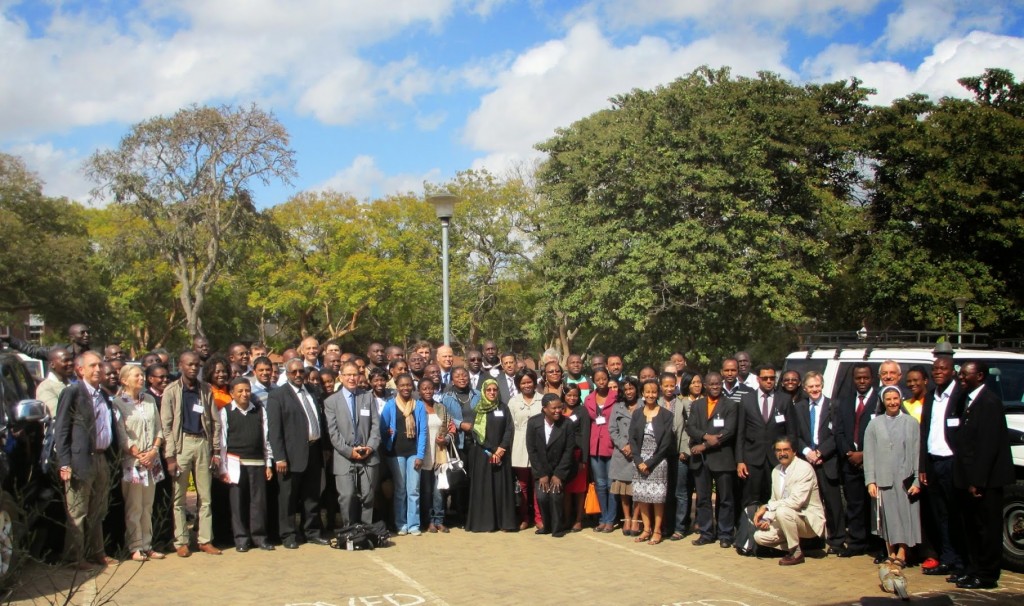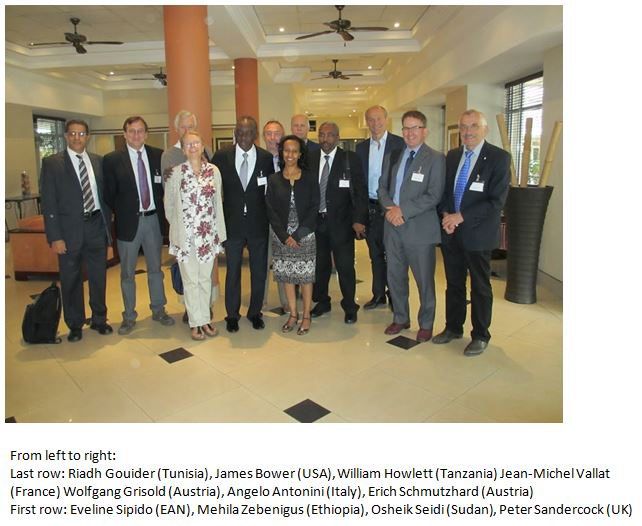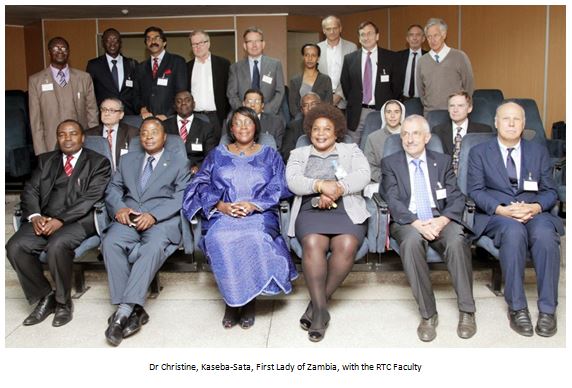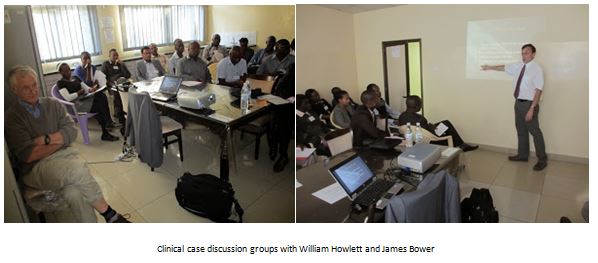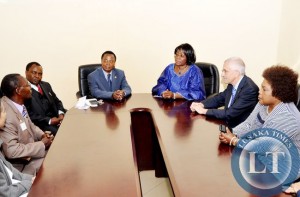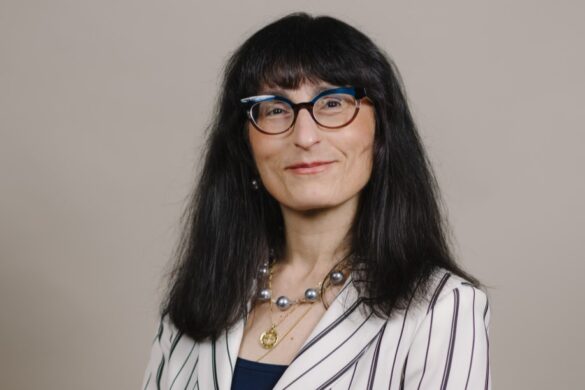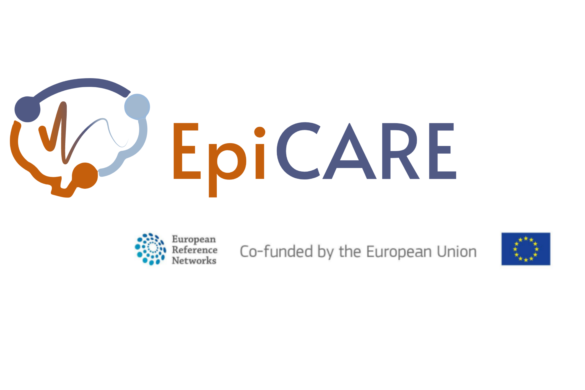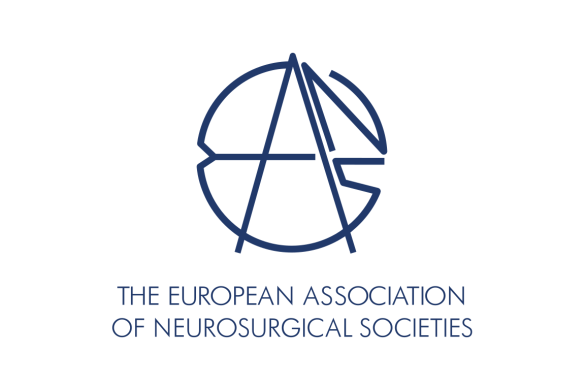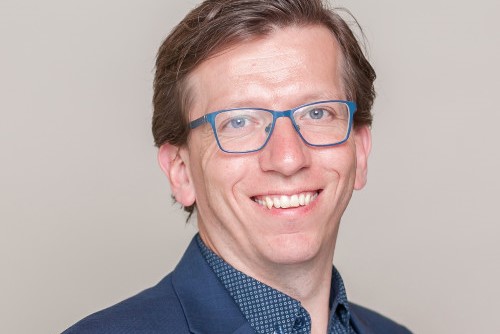by Erich Schmutzhard and Eveline Sipido
The 6th Regional Training Course in Sub-Saharan Africa addressing Neurology took place from 19th to 21st June in Lusaka, Zambia and was hosted by the University of Zambia. The training was organised by the EAN and was supported by a consortium of European, international scientific societies and the Zambian Government, namely:
• Zambian Ministry of Health
• University of Zambia
• Epilepsy Association of Zambia
• PAANS – Pan African Association of Neuroscience Societies
• AAN – American Academy of Neurology
• IBRO – International Brain Research Organisation
• MDS – International Parkinson and Movement Disorder Society
• WFN – World Federation of Neurology
• WSO – World Stroke Organisation
An unrestricted educational grant was obtained from the Lundbeck International Neuroscience Foundation.
Our gratitude goes to the local organising team led by Anthony Zimba Chairman of the Epilepsy Association of Zambia and Masharip Atadzhanov Chairman of Neurological and Psychiatric Society of Zambia. Their help was essential for the success of the RTC.
124 young doctors and trainees attended the RTC. The majority of these were locals drawn from the University Teaching Hospital, Medical training Centres as well as government Hospitals around the country, while 26 young doctors’ trainees came from 17 Sub- Saharan African countries supported by scholarships from the RTC fund. The young doctors and trainees were invited by the course organisers through the Head of Neurological or Neurology related Departments of the different SSA countries. Thus these selected participants represent some of the very best trainees from across Africa. All in all more than 20 countries of Sub-Saharan Africa were represented at the RTC.
The Faculty for the course was truly international: Erich Schmutzhard & Wolfgang Grisold (Austria), Riadh Gouider (Tunisia), William Howlett (Tanzania), Jean-Michel Vallat (France), Anthony Zimba & Masharip Atadzhanov (Zambia), Raj Kalaria, Peter Sandercock, Timothy Steiner (UK), Amadou Gallo Diop (Senegal), Angelo Antonini (Italy), James Bower (USA), Osheik Seidi (Sudan), Mehila Zebeginus (Ethiopia).
This three days RTC covered the following topics: infection and nervous system disorders (including stroke and movement disorders) and disorders of peripheral nervous system.
The training was initially opened by Dr. James Munthali, Acting Dean of the University of Lusaka, School of Medicine, Mr Anthony Zimba of the Epilepsy Association of Zambia, Prof Wolfgang Grisold, Secretary General and Treasurer to the WFN and Pro. Erich Schmutzhard, Chair of the EAN Task Force “Neurology and Sub-Saharan Africa”, opened the works
The core organisation of the course was led by the “Neurology and SSA” Task Force team at the European Academy of Neurology (EAN), chaired by Prof Erich Schmutzhard together with Ms Eveline Sipido, EAN Liaison Officer and responsible for overall organisation of the RTC. The high international reputation for academic excellence of the course is underlined by the wide range of learned societies and institutions that support this annual course. The regional significance of the course is underlined by the Zambian institutions that supported it: the University of Zambia, The Zambian Ministry of Health and the Epilepsy Association of Zambia.
The First Lady of Zambia, Dr Christine Kaseba-Sata, Goodwill Ambassador to WHO and Patron of the Epilepsy Association of Zambia, officially opened the training on 19th June 2014 in the evening ceremony. The Ceremony was attended by high ranking government officials who included the Permanent Secretary Ministry of Health Dr Davy Chikamata, University Teaching Hospital Deputy Senior Medical Superintendent Dr Lackson Chikoya, Acting University Of Zambia Dean of the School of Medicine as well as other medical officers and government officials.
The First Lady in her speech thanked European Academy of Neurology and all the sponsors of the RTC for choosing Zambia for the 6th RTC. She emphasised the need for collaboration in the training of the much needed personnel in the field of Neurology and Research. She mentioned that as a gynaecologist she was very much aware of the challenges faced by patients with neurological problems who cannot access quality health care services due to inadequacies in the training of neurologists in SSA Countries.
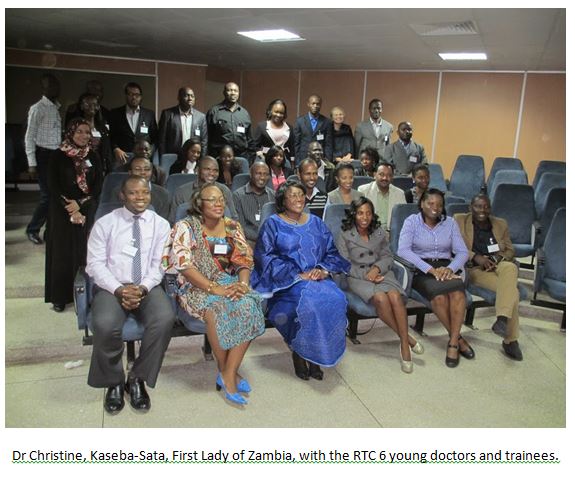
The RTC was well covered by the local media which included Zambia National Broadcasting Cooperation (ZNBC), Zambia News Agency ( ZANIS) and the Post Zambia Newspaper who mentioned and praised in the Saturday, 21st of June issue of the Lusaka “Saturday Post”. A copy of the article can be found with this report
The format of the course was a mixture of lectures in the morning, supplemented by a case presentation fitting into the theme of the day by Elizabeth Sharon (Malawi), Folajimi Otubogun (Nigeria) and Patrice Mukomena (Zambia). The afternoons were taken up with small group interactive workshops to discuss cases brought by the experts; these sessions were intensive, but proved particularly popular with the participants (and enjoyable for the Faculty!).
While the international faculty might bring some knowledge of recent scientific advances to the table, the regional faculty brought their extremely rich clinical experience and wisdom in how to apply that knowledge in the diverse health care systems of Africa. Likewise, the trainees brought a great many questions that arose from their daily practice; this unique opportunity for them to ask the Faculty questions and to network with their peers from across the continent was really valued.
A special lecture was given by Timothy Steiner, Director of “Lifting The Burden”, a UK-registered non-governmental organization conducting the Global Campaign against Headache in official relations with the World Health Organization, aimed at reducing the burden of headache worldwide. Timothy Steiner presented the preliminary results of the first population-based study of headache in Zambia.
There was also a formal ‘Meet the Professor session’ supplemented by an informal ‘join the professor for lunch’ followed by ‘How to write a scientific paper.’
The meeting was organised to a very high standard, and clearly meets the need to build capacity in caring for people with neurological disorders in the African continent, where the burden of disease related to both communicable and non-communicable diseases of the nervous system is high.
To meet this continuing need, the EAN-led planning group met in Lusaka to start working towards the next course. The participants to the 6th RTC were asked to list up to three topics of interest they would like to see addressed in a future RTC. From the compilation of the topics received, two that had the highest request were identified for the 2015 RTC.
The 7th RTC will be held in Khartoum, Sudan on October 15 to 17, 2015 hosted by Prof. Osheik Seidi and the University of Khartoum.
The themes to be addressed during the RTC will be Neuro-paediatrics and Stroke.

